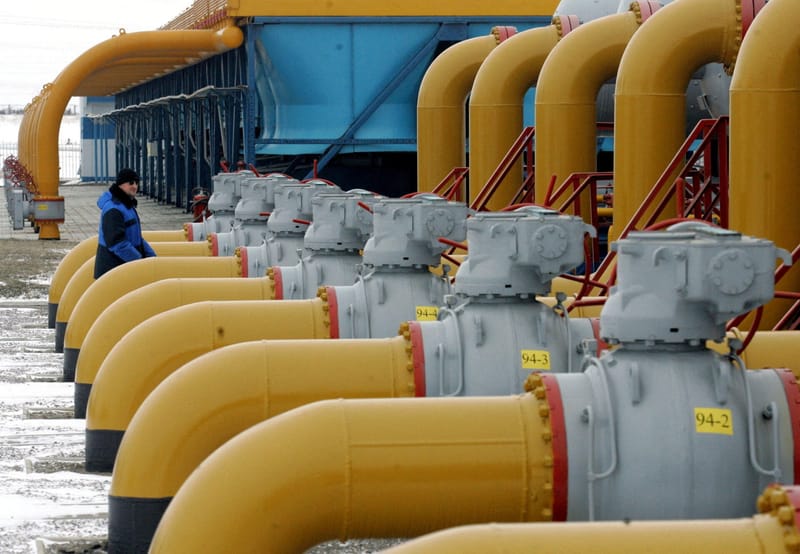From Artificial Intelligence to the geopolitics of natural gas

Natural gas, despite its price, remains the only reliable solution for stable and flexible power generation. It is the king of energy transformation, not because it is cheap or clean, but because it is available, predictable and technically necessary.
The United States, to maintain its dominance in the global AI market, will need an additional 50 gigawatt-hours of electrical power by 2028. This is equivalent to 40 new nuclear reactors, or about 12 billion cubic feet of natural gas used daily. This is a 32% increase in the current use of electricity generation in the US, which is geopolitically critical because it will drastically affect the amount of liquefied natural gas (LNG) exports to other countries. This quantity is not just a technical challenge; it is a geopolitical demand. To cover it, 12 to 17 new LNG plants are needed, while the US will only have 4 or 5 ready by 2027. The deficit is clear and the pressure on the world's gas production markets is intensifying, especially with the intention of doubling US exports to the EU.
The EU-US agreement for the purchase of hydrocarbons and especially LNG amounting to 250 billion euros. over the next three years is not just commercial. It is political. It marks the abandonment of cheaper pipelines and the adoption of a new energy security architecture, with the US pushing for more regasification facilities (FSRUs) in Europe, even when they are not technically necessary.
The Eastern Mediterranean and North Africa are becoming a field of strategic claim. Exxon and Chevron don't just invest in research, they invest in influence. Greece, with its infrastructure in Revithoussa and Alexandroupolis, is acquiring a key role as a hub for LNG regasification and transit to the Balkans and Central Europe. With the ban on the import of Russian natural gas into the EU from 2026, Bulgaria, Serbia and North Macedonia will be dependent on Greek energy interconnection. Ukraine, Romania and Moldova will follow, with Greece reducing transit fees by 10% to strengthen its role as a strategic transit server.
Turkey is diversifying, maintaining crude imports from Russia and considering alternatives from Libya, Saudi Arabia and Iraq. Israel is already supplying Egypt, while Cyprus is expected to support Egypt from 2027 and beyond 2031, filling the gap left by the fall in Egyptian domestic production.
Speaking of electricity sufficiency, Greece, despite its strategic role, is still the most expensive country in Europe, with a clearing price of 130 euros per megawatt hour at the beginning of November. Natural gas remains a key pillar of the energy mix, ensuring grid stability, particularly during periods of limited RES production. At the same time, electricity imports remain three times higher than exports, which highlights the dependence on natural gas which remains imported.
The country's energy strategy cannot be limited to the role of a transit. It must claim an active role as a producer, storekeeper and regulator. The first steps towards storage and management have already been taken, the crucial step of the hydrocarbon producer remains.
NAFTEMPORIKI / ENERGY, Wednesday, November 5, 2025
Από την Τεχνητή Νοημοσύνη στη γεωπολιτική του φυσικού αερίου